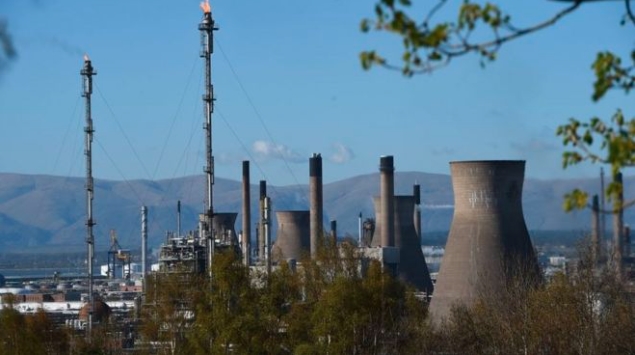More than 100 employees at a plastics manufacturing plant in Scotland are facing the risk of losing their jobs as the company plans to shut down its operations by the end of the year. The decision was announced by Berry Global, a US-based multinational corporation that produces plastic packaging and products for various industries.
Reasons for the closure
According to the company, the closure of the plant in Livingston, West Lothian, is due to the declining demand for some of the products that are made there, such as plastic cups and lids. The company also cited the impact of the Covid-19 pandemic on its business, as well as the increasing costs of raw materials and energy.
The company said that it had explored various options to keep the plant operational, but none of them were viable. It also said that it would try to minimize the impact on its employees and customers, and provide support and assistance to those affected by the closure.
Reaction from the workers and unions
The news of the closure came as a shock to many of the workers, who have been working at the plant for years. Some of them expressed their anger and frustration at the company’s decision, and accused it of lack of communication and transparency.

The workers are represented by the trade union Unite, which said that it would challenge the closure and fight for the workers’ rights and interests. The union also called on the company to reconsider its decision, and urged the Scottish government to intervene and help save the jobs.
Implications for the local economy and environment
The closure of the plant will have a negative impact on the local economy and community, as it will result in the loss of income and spending power for the workers and their families. The plant is also one of the major employers in the area, and contributes to the tax revenue and economic activity of the region.
The closure will also have environmental implications, as the plant is one of the few in the UK that produces recycled plastic products. The company claims that it is committed to sustainability and circular economy, and that it will continue to invest in its other facilities that produce environmentally friendly products.
Future prospects for the industry and workers
The closure of the plant is part of a wider trend of deindustrialization and offshoring that has affected the manufacturing sector in the UK and other countries. Many companies have moved their production to cheaper locations or switched to automation and digitalization to reduce costs and increase efficiency.
However, there are also some opportunities and challenges for the industry and workers in the future. The demand for plastic alternatives and biodegradable materials is expected to grow, as consumers and regulators become more aware of the environmental impact of plastic waste and pollution. The workers will need to adapt and reskill to meet the changing needs and expectations of the market and society.


















